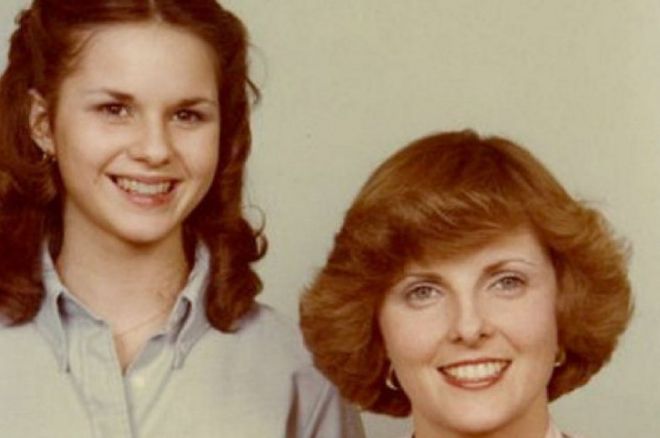Gooner
Pit League Fantasy Football Commissioner
I used to think this, but it's actually me just keeping fewer and fewer rubes in my life.
As the world becomes more and more progressive, rubes are becoming even more rubish.
That actually works in our non-rube favor. Rubes have had at least a little standing in the last few decades regarding the jobs they were losing, the economy harming them, etc. Now, rubes are going full Trump and really showing that they aren't concerned about losing their own jobs as much as the fact that brown people have them at all. They're concerned that America is becoming more secular and that you can't scare kids into being super-religious anymore because any claim a preacher man makes can be instantly fact-checked with a Google search.
Information is the downfall of rubes. As they have gone more and more beyond the pale to prove their points, younger types are recognizing the facade of "conservatism" in front the racism, xenophobia, homophobia, etc. Rubism will never be fully eradicated, but once the older generation dies off (20 years or so), I foresee a sharp decline.

